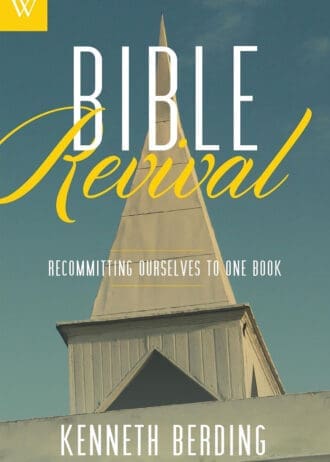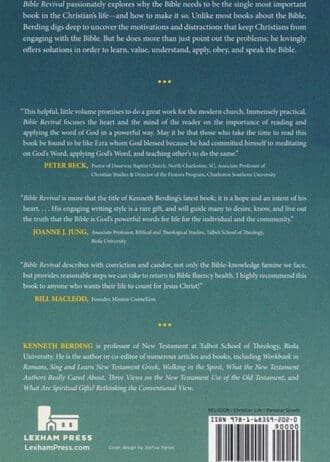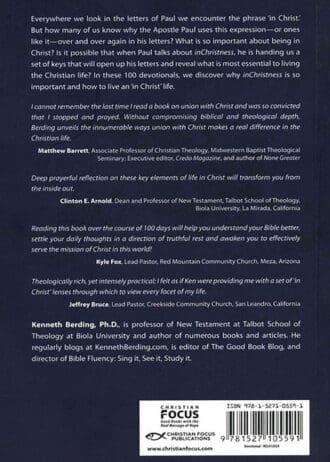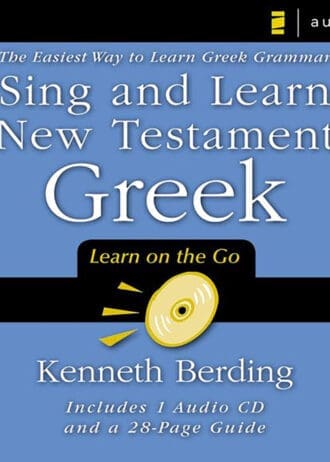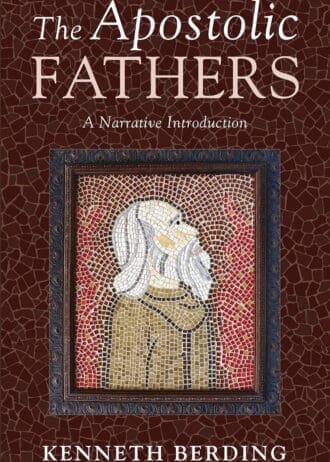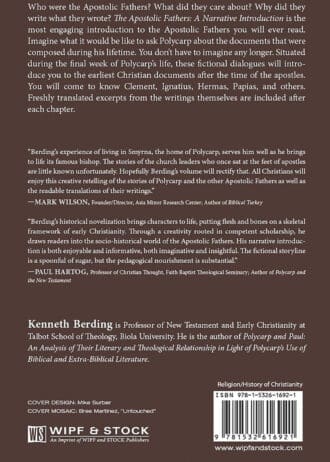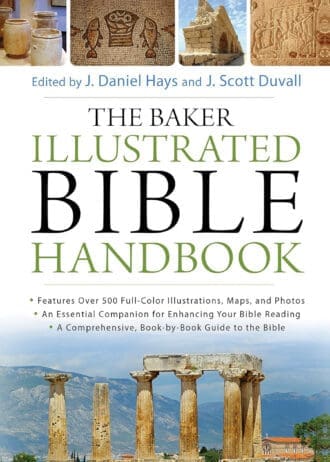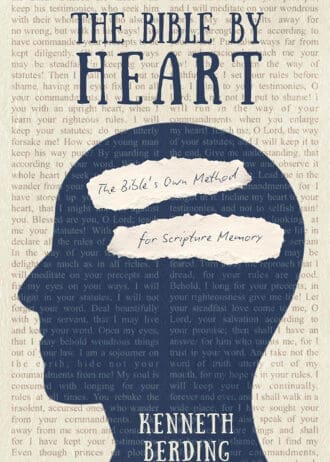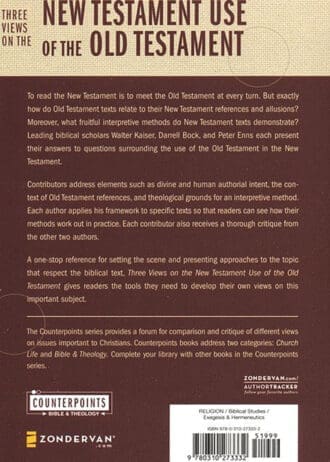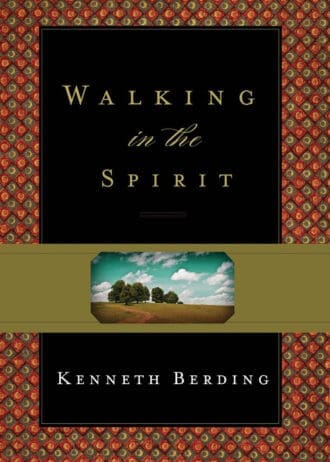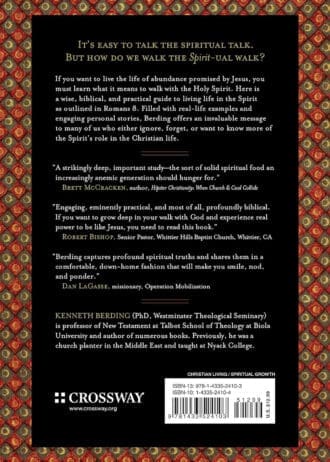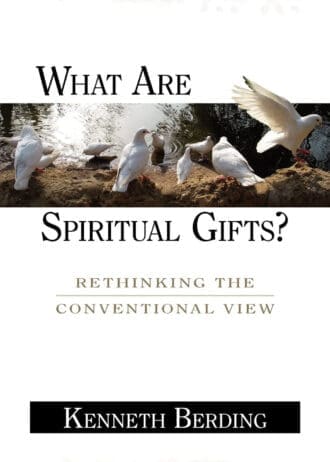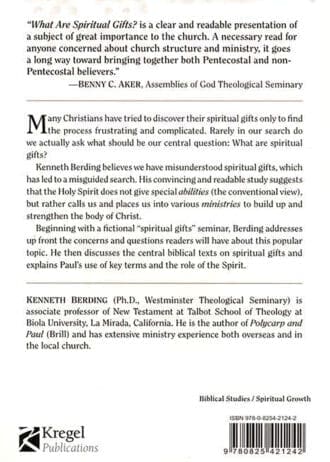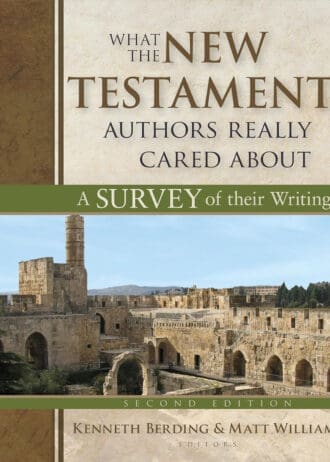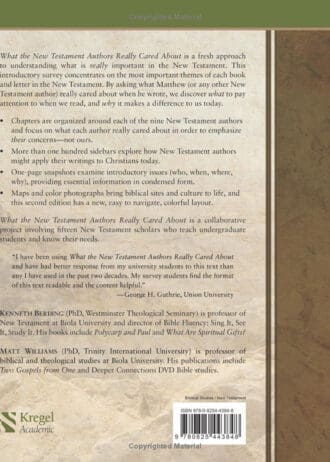Kenneth Berding
Kenneth Berding is author of various books, some academic (such as Paul's Thorn in the Flesh or Polycarp and Paul), some semi-academic (such as What Are Spiritual Gifts? Rethinking the Conventional View or The Apostolic Fathers: A Narrative Introduction), others for-the-classroom (such as Sing and Learn New Testament Greek or What the New Testament Authors Really Cared About), and still others for-the-church (such as Walking in the Spirit, Bible Revival: Recommitting Ourselves to One Book, or How to Live an 'In Christ' Life). He has published articles in such journals as the Journal of the Evangelical Theological Society, Vigiliae Christianae, New Testament Studies, Journal of Early Christian Studies, and Westminster Theological Journal. He is the founder of Bible Fluency: Sing It, See It, Study It (biblefluency.com), edits the Good Book Blog, and directs The Berdhouse Discipleship Community. Before coming to Talbot, Berding was a church planter in the Middle East. He has a heart for God and ministry, has written many worship songs, has served as a worship pastor in local church ministry, and is an elder at Redemption Hill Church in Whittier, California. Berding has also obtained the following additional degrees: Ph.D., Westminster Theological Seminary, M.A., Trinity Theological Seminary, and Th.B., Multnomah University.
Affiliation
Faculty, Alumnus
Position
Professor of New Testament
Degree
M.A., Talbot School of Theology

